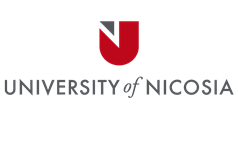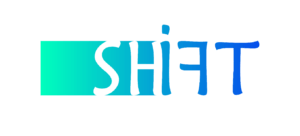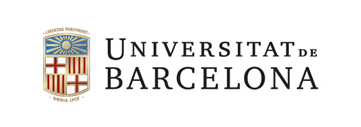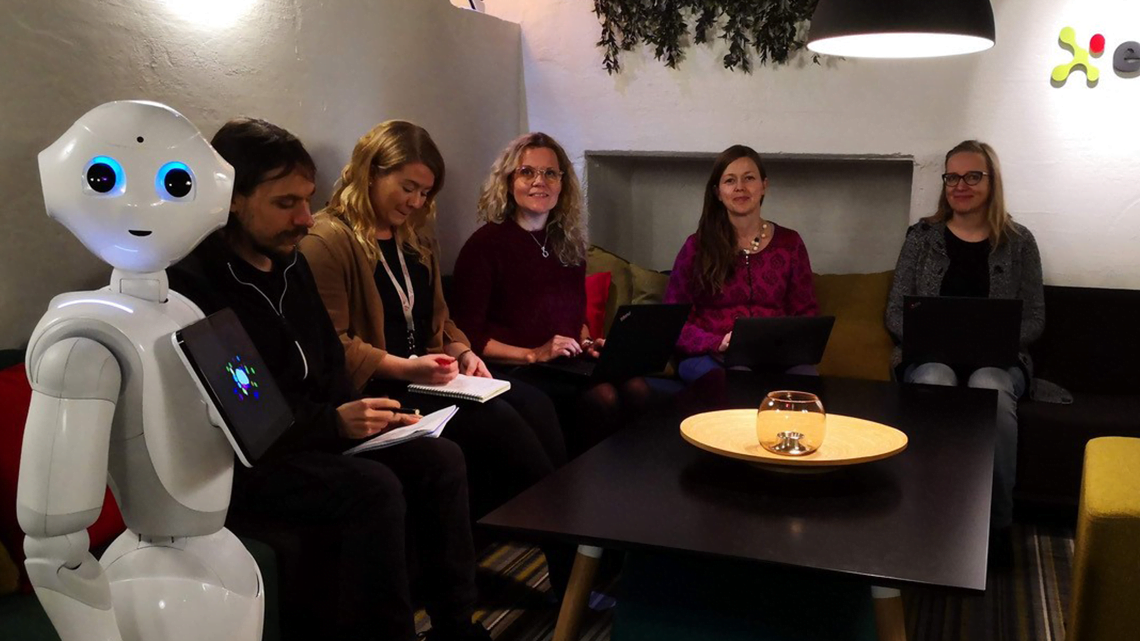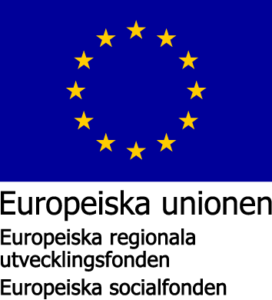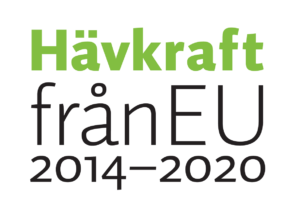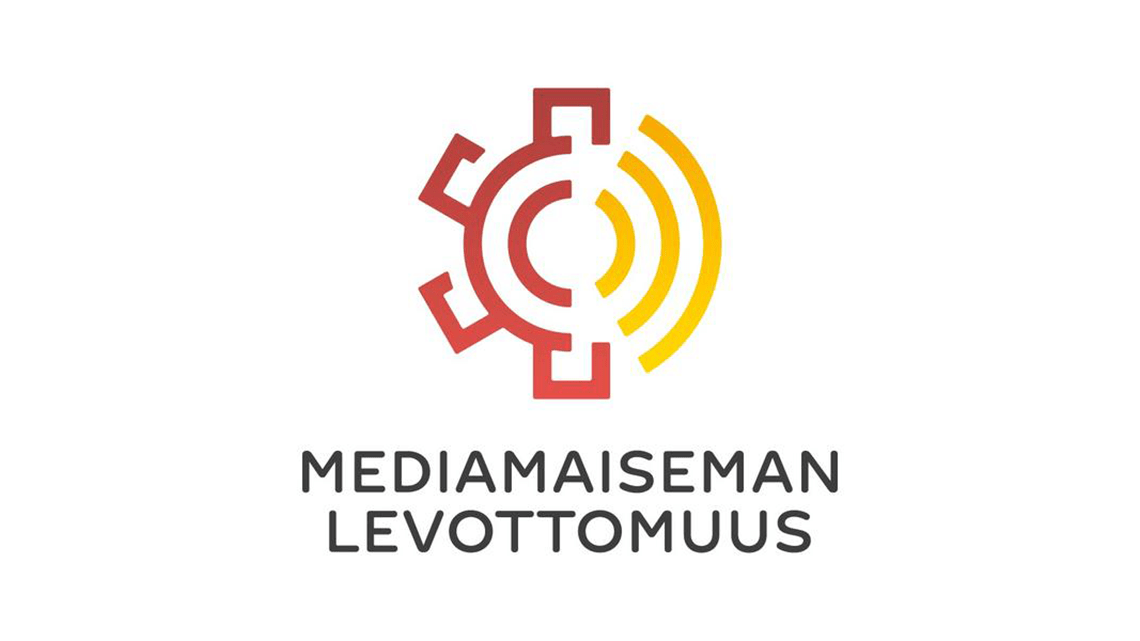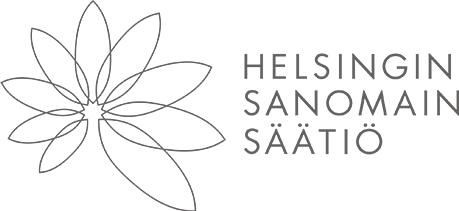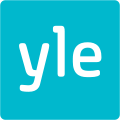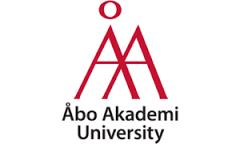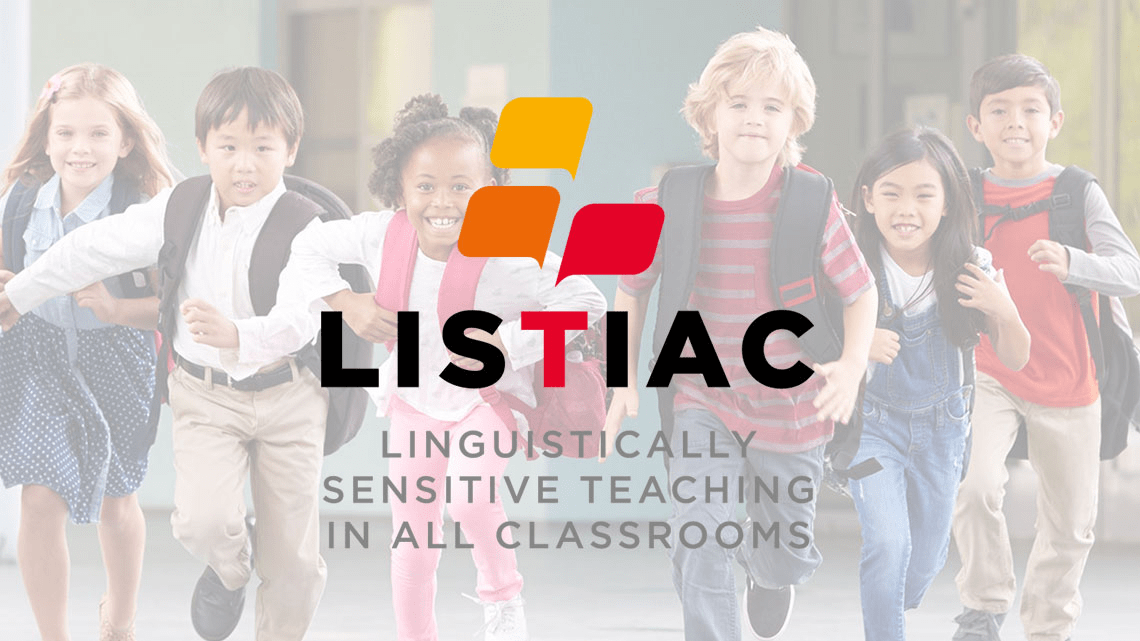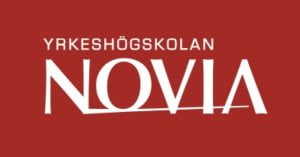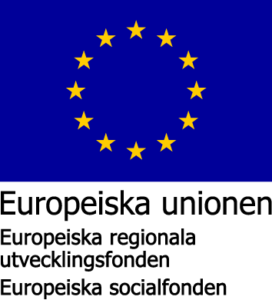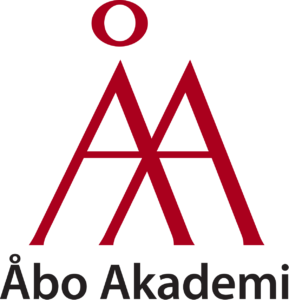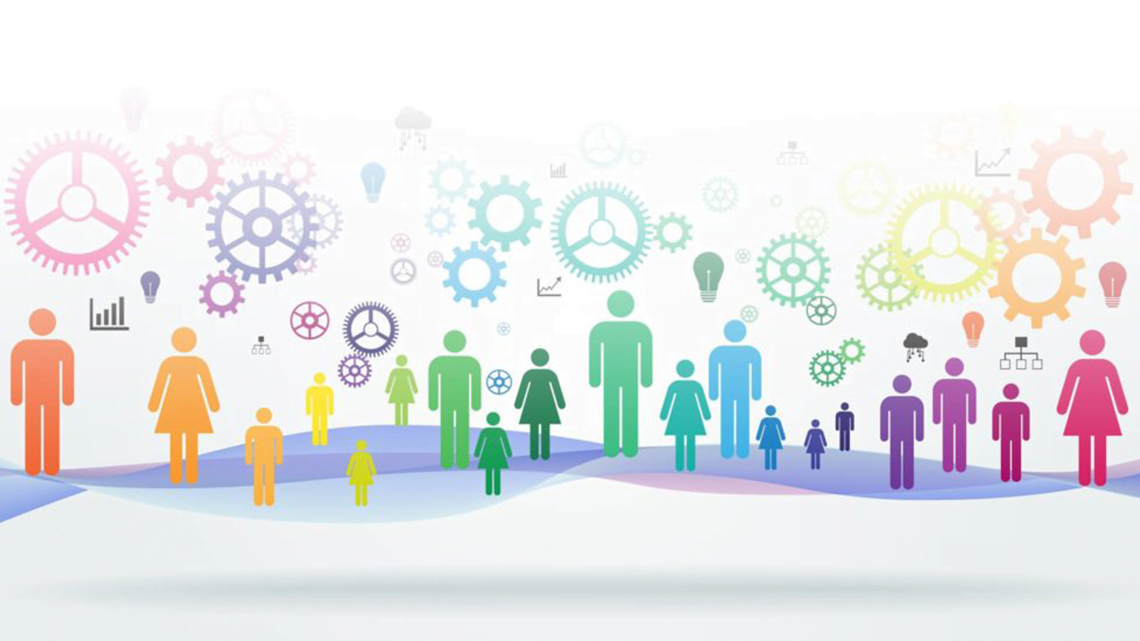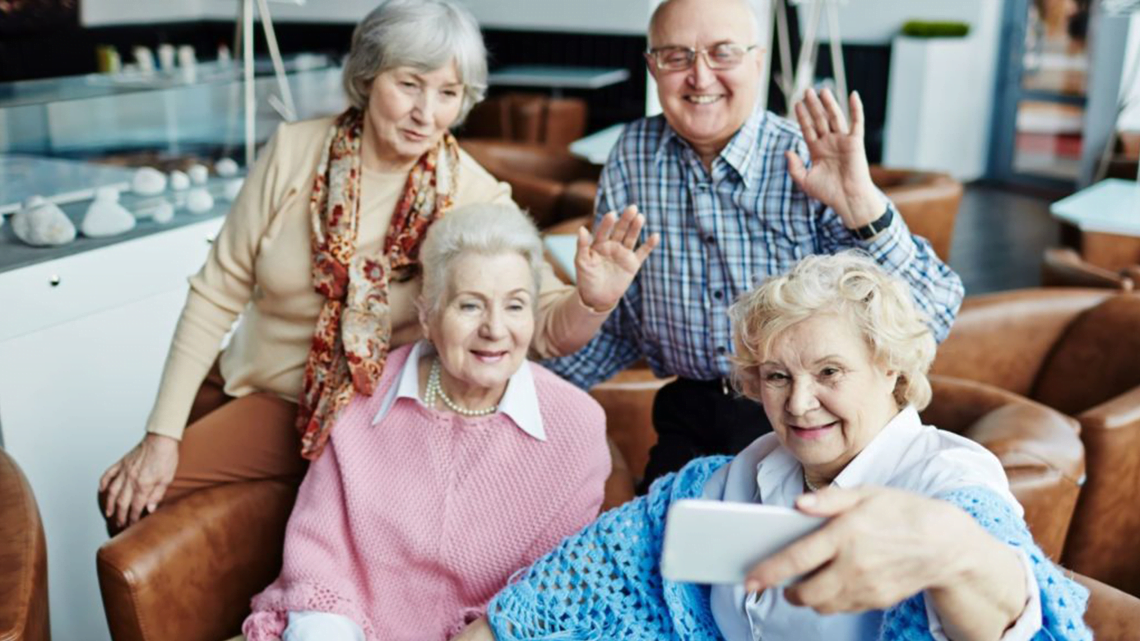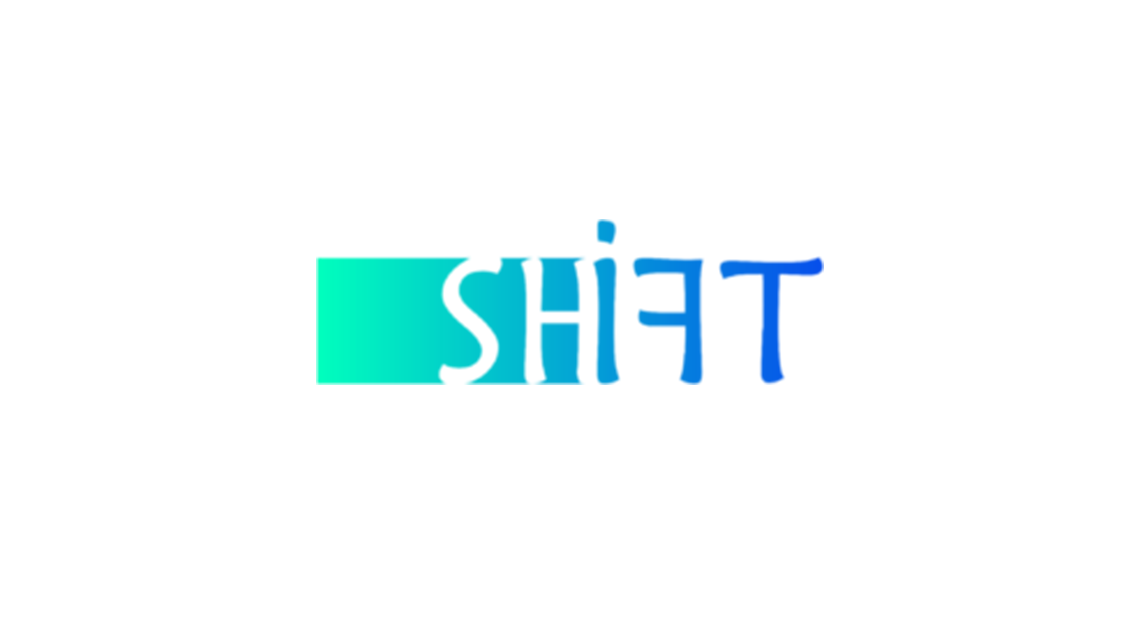 Projects - Finished
Projects - Finished
SHIFT
SHIFT – School Harnessing Inclusive Facilitator Technology
SHIFT är ett innovativt och inkluderande project med både professionella och sociala prioriteringar. Projektets övergripande mål är att stärka lärares och stödpersonals digitala kompetenser för att främja inklusion av elever, inklusive elever med utländsk bakgrund och elever med specialbehov, i klassrummet.
Projektets aktiviteter innefattar planering, utveckling och pilotisering av: 1) en evalueringsmanual som ska möjliggöra utvärderingen av hur och i vilken mån lärares och stödpersonals digitala kompetensutbildning överförs till inklusion av elever i klassrummet; 2) en lärstig som ska ge riktlinjer till lärare och pedagogisk stödpersonal angående tillägnandet av digitala kompetenser för främjande av inklusion i klassrummet.
Målsättningen med projektet är att:
- Utvärdera hur lärares och stödpersonals digital kompetensutveckling gynnar inklusion i klassrummet
- Utvärdera mångdisciplinära kompetenser och samarbete mellan alla parter i det inkluderande klassrummet
- Förbättra utbildningen och fortbildning i digitala kompetenser för lärare och stödpersonal med syftet att främja inklusion.
Läs mer om projektet på webbsidan: https://ec.europa.eu/programmes/erasmus-plus/projects/eplus-project-details/#project/2019-1-ES01-KA201-064444
